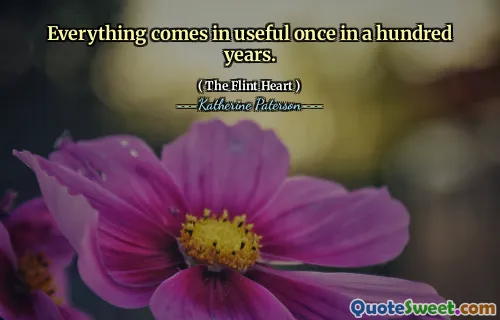I was not really surprised by what he was saying. A lot of people felt that way. Especially men. There was a quantity of things that men hated. Or had no use for, as they said. And that was exactly right. They had no use for it, so they hated it. Maybe it was the same way I felt about algebra- I doubted very much that I would ever find any use for it. But I didn't go so far as to want it wiped off the face of the earth for that reason.
The narrator reflects on a common sentiment shared by many, particularly men, regarding certain subjects or concepts they consider irrelevant or useless. This perspective hints at a broader human tendency to dismiss what does not seem immediately beneficial or applicable to one's life. There’s an acknowledgment of a collective disdain for things that are perceived as unnecessary, highlighting a sense of frustration towards these topics.
In a personal comparison, the narrator likens this feeling to her own ambivalence towards algebra, expressing skepticism about its practical application in her life. However, she distinguishes her feelings by noting that, despite her lack of interest, she does not harbor a desire to eliminate algebra entirely. This distinction suggests a nuanced understanding of attitudes toward knowledge and learning, recognizing that dislike does not necessarily equate to a desire for eradication.
